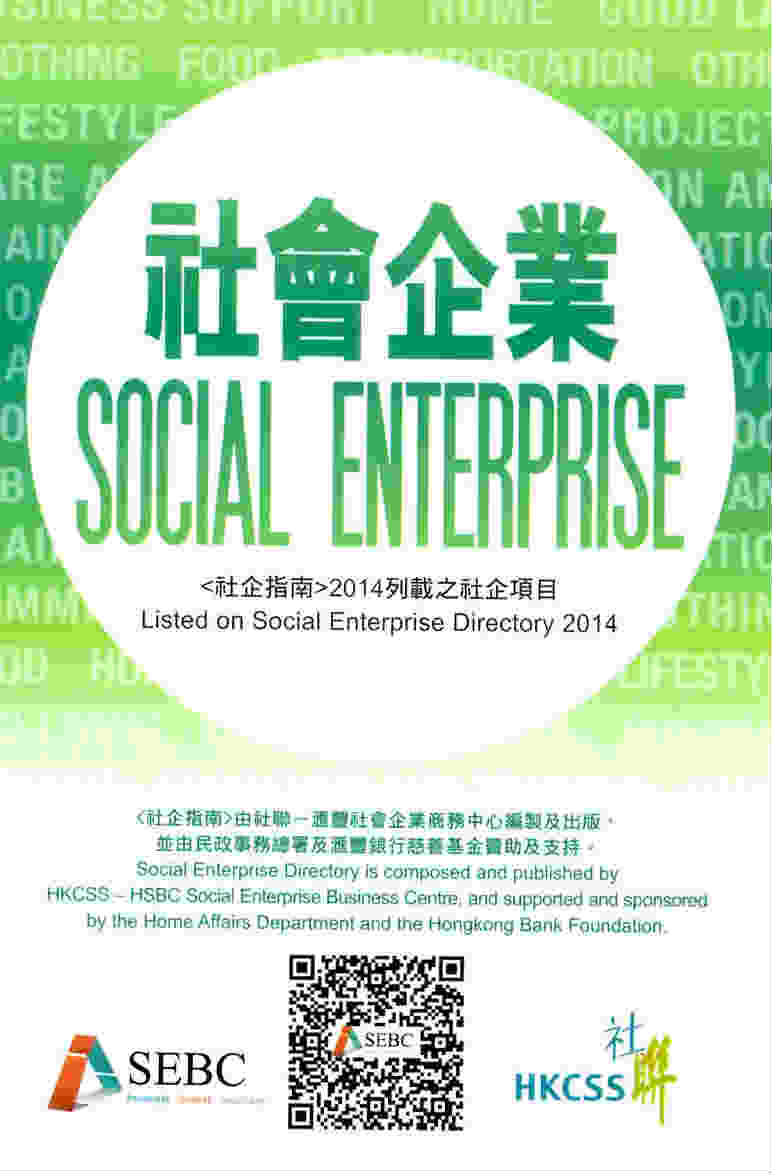Source: http://www.newyorker.com/books/page-turner/olive-oils-dark-side
(You may have to cut and paste on the above hyperlink)
Olive-oil fraud has been around for millennia. The earliest written mention of olive oil, on cuneiform tablets at Ebla in the twenty-fourth century B.C., describes teams of inspectors who toured olive mills on behalf of the king, looking for fraudulent practices. The Romans established an international trade in olive oil, and certain emperors rose to power on olive-oil wealth—they were the ancient counterpart of today’s oil sheikhs. In their practical way, the Romans instituted elaborate mechanisms to prevent fraud. At Monte Testaccio, the Romans stored twenty-five million amphorae that held 1.75 billion liters of olive oil. Many amphora fragments bear tituli picti, stamped inscriptions or handwritten notes in black or red ink that record information such as the locality where the oil was produced, the name of the producer, the weight and quality of the oil when the amphora was sealed, and the name of the merchant who imported it, the name of the imperial functionary who confirmed this information when the amphora was reopened at its destination in Rome, and so on. These careful records were intended to prevent the siphoning off of oil en route, or the substitution of an inferior product.
Olive-oil fraud continues today, though modern governments are often less thorough and effective than the Romans at preventing it. Olive oil has historically been one of the most frequently adulterated products in the European Union, whose profits, one E.U. anti-fraud investigator told me, have at times been “comparable to cocaine trafficking, with none of the risks.” In America, olive-oil adulteration, sometimes with cut-rate soybean and seed oils, is widespread, but olive oil is not tested for by the F.D.A.—F.D.A. officials tell me their resources are far too limited, and the list of responsibilities far too long, to police the olive-oil trade.
Two diametrically opposed trends exist in the olive-oil business. In the first, toward high-quality olive oil, new milling technologies—stainless steel mills, high-speed centrifuges, temperature- and oxygen-controlled storage tanks—are making it possible to produce the best extra-virgin olive oils in history: fresh, complex, and every bit as varied as wine varietals. (There are about seven hundred different kinds of olives.) Consumer demand for high-quality olive oil in all of its variety, both in Europe and in North America, is skyrocketing.
On the other hand, there’s a strong downward pressure on olive-oil quality, especially among the huge Spanish-, Portuguese-, and Italian-owned olive-oil traders and bottling companies. There is a massive output of low-grade olive oils, particularly in Spain and North Africa but throughout the E.U., which producers are selling as “extra virgin” olive oil, even though this low-grade oil doesn’t meet the requirements of the extra-virgin grade. (E.U. and U.S. trade standards require extra-virgin olive oil to be free of sensory defects, and these oils are deeply flawed.) New methods of chemical refinement, commonly known as “deodorization,” allow unscrupulous producers to remove sensory defects and sell their sub-par oils, illegally, as extra-virgin. (By law, extra-virgin olive oil cannot have undergone chemical manipulation.) The spot price of “extra-virgin olive oil” in European markets has dropped as low as 1.8 euro per kilo (about a liter). Honest producers around the world are being undercut by cheap foreign oil.
So, while the best extra-virgin olive oils in history are now being made, more and more low-grade oils are also being included in the category, stretching it beyond all meaning. In the end, I believe that increasing discernment and quality-consciousness on the part of North American consumers will drive a quality revolution in American olive oil, similar to that which has already occurred in wine, coffee, microbrew beer, artisanal cheeses, etc., which will pass along increasing profits to top-quality producers, allowing them to survive and even prosper. But the olive-oil industry is at a critical moment: if honest producers aren’t able to earn a fair price for their premium oil (which is far more expensive than the cheap stuff to produce), then many will go out of business. Many already have. The risk is that just as American consumers wake up to great oil, the supplies of it dry up.





